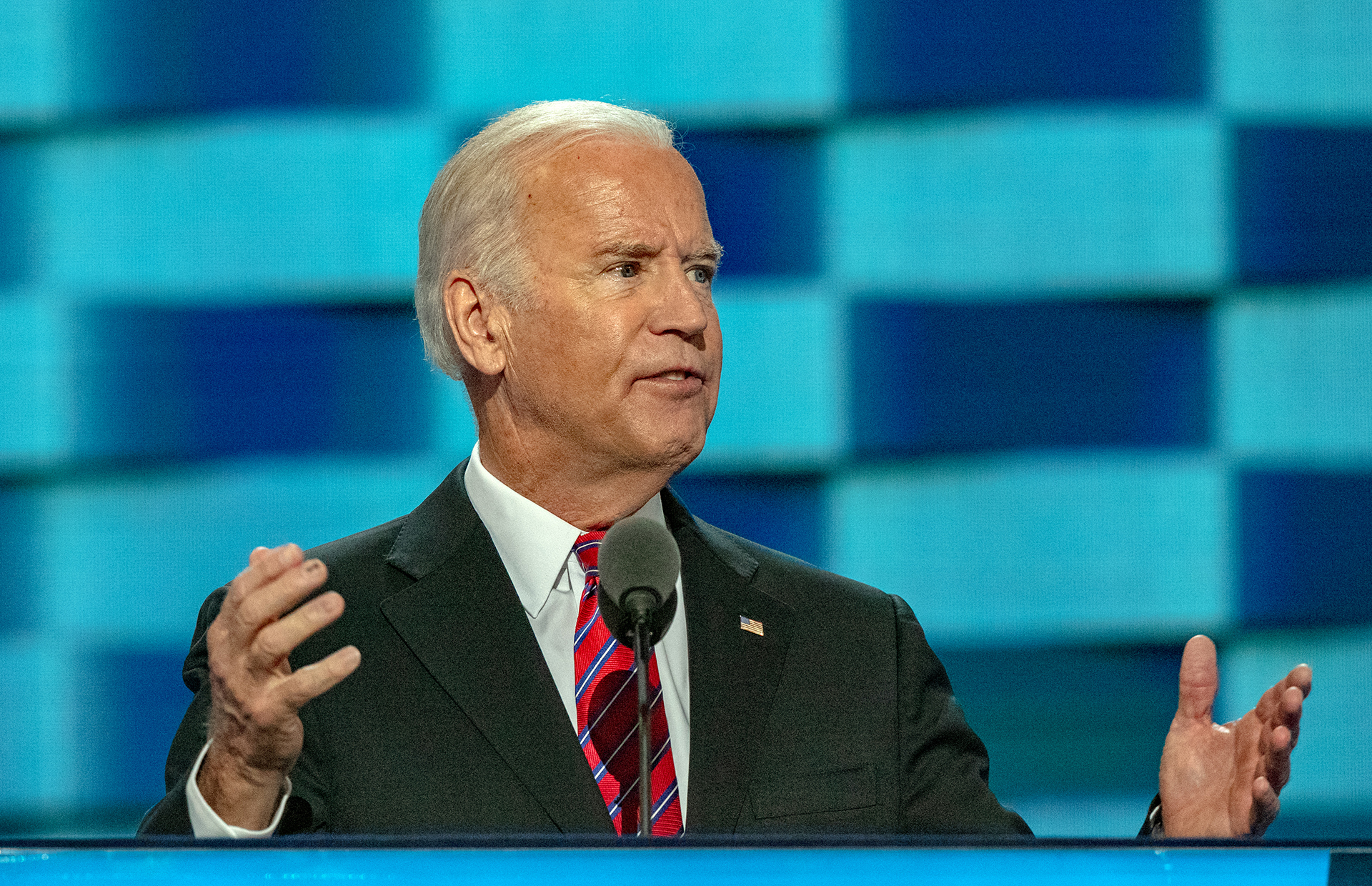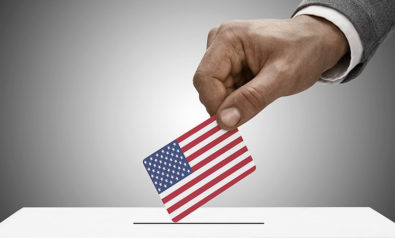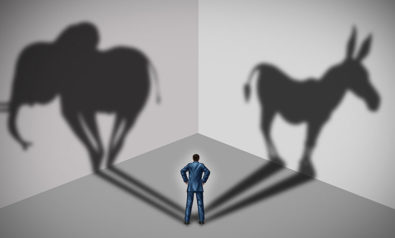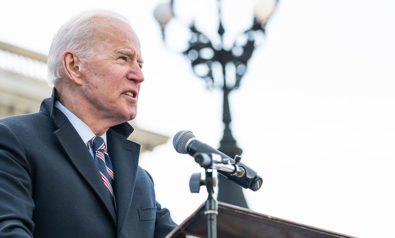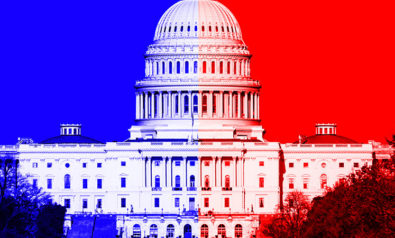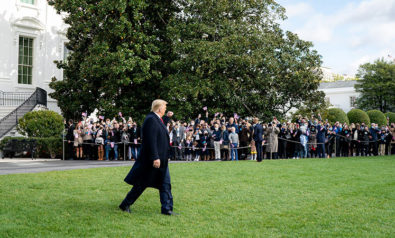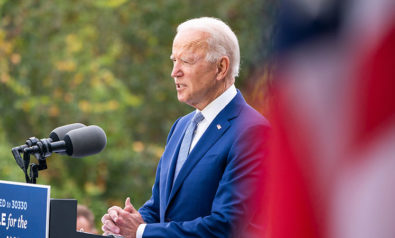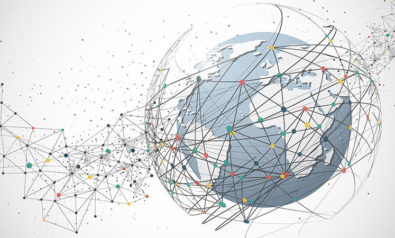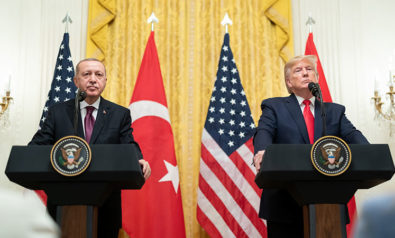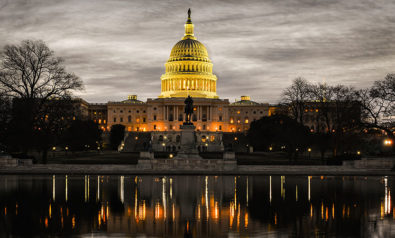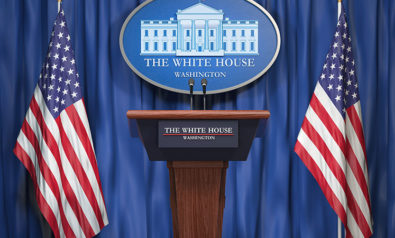One of the sillier notions advanced during this US presidential election campaign was that if Joe Biden were to win, he and his party would transform the United States into the promised land of socialism. I guess not even the Republican strategists who promoted this canard seriously believed it to be true. Unfortunately, the message appears to have sent jitters among some segments of the American electorate, which, as a result, voted for Donald Trump.
We are not talking about all those good people in Nebraska, Iowa or North Dakota who would have voted for the incumbent no matter what. We are talking about the substantial number of Hispanic and Asian Americans who cast their vote for a candidate and for a party not known for their enthusiastic embrace of multiculturalism. In fact, one of the most sobering lessons from this most recent contest was that the Democrats lost — or, perhaps better, failed to appeal to — a significant part of an electorate they considered not only theirs but their “natural” constituency.
America Is No Longer One Nation
So much for the “emerging Democratic majority” often invoked over the past decade or so yet proving once again quite elusive. As it turned out, to the apparent surprise of journalists and pundits alike, “non-whites” are significantly less homogeneous and significantly more diverse than progressive strategists have envisioned and taken for granted. “The horror, the horror!” to quote Joseph Conrad’s “Heart of Darkness.”
The Other Side
The fact is that the Democrats lost a significant share of “voters of color” — African Americans, Hispanics and Asian Americans. This loss not only deprived Biden of carrying Florida, but cost the Democrats congressional seats in Florida, Texas and even California. Significantly enough, as The New York Times noted, “the only House seats Republicans picked up that were not in districts Mr. Trump also carried were in heavily Hispanic or Asian regions.” Heavily Democratic south Texas communities along the Mexican border are a case in point — areas, according to Politico, along with parts of Florida, that “had some of the sharpest swings from Democrats to Republicans this year.”
Several south Texas counties, which Hilary Clinton had carried in 2016 by large margins, this time saw support for the Democratic contender melt like snow on a balmy spring Sunday; other counties went outright to the other side.
Among Asian American voters, Trump picked up around a third of the vote; the same was true for Hispanic voters. In both cases, the outcome of the vote was to a large extent a reflection of the heterogeneity of these communities. In Florida, for instance, Cuban and Venezuelan Americans predominantly voted for Trump; among Cuban Americans, around 60% said in a pre-election poll that they intend to vote for Trump. This was particularly the case among more recent Cuban migrants who, unlike US-born Cuban Americans, are overwhelmingly registered Republicans.
In south Texas, an area heavily dependent on jobs in law enforcement, Mexican Americans came out for Trump. In other parts of the country, Trump received significant support from Vietnamese and Filipino Americans. In all of these instances, the Republican strategy to paint Biden as a socialist appears to have carried the day. Trump himself, in one of his tweets, had charged that Biden was “a PUPPET of CASTRO-CHAVISTAS like Crazy Bernie, AOC and Castro-Lover Karen Bass.” In addition, Trump’s stance on China appears to have appealed to significant numbers of Chinese, Vietnamese and Filipino voters, if for different reasons such as, for Vietnamese American voters, the memory of China’s “imperialist efforts” in the region.
It would be easy to dismiss all of these voters as misguided, taken in by a con man whose “muscular leadership style” resonates among certain portions of Latino men in Texas and elsewhere. Trump’s Christian posturing appeals to conservative Catholic and evangelical Hispanics, particularly with regard to the question of abortion. As one voter is quoted in The New York Times, “Abortion is the litmus test, Jesus is my savior and Trump is my president.” The Trump administration’s mishandling of the pandemic did nothing to undermine the conviction that he was the right man to fix the mess and get the country’s economy back on its feet.
Really Existing Socialism
All of these are valid reasons, as good as any to explain the outcome of this election. This, however, is not the case when it comes to the major charge, which apparently had considerable traction among a significant number of voters, that with Biden, the United States would be on the road to socialism. For a European, this is ridiculous. It is even more preposterous when it evokes the likes of Venezuela’s Nicolas Maduro, as if Maduro had anything to do with socialism — except for his claim to be a socialist. It once again shows to what degree the experience of “really existing socialism,” as the East German regime liked to put it, has debased and discredited what once was a beacon of hope for millions of people.
Marx never envisioned that the first countries to adopt his thoughts would be economically backward ones such as Russia, China, Cuba and Vietnam. For Marx, the fundamental precondition for socialism was the establishment of an economy of abundance, brought about by the “unfolding of the forces of production” — technological innovation and progress which would liberate humans from the drudgery of dull, repetitious, stultifying labor. History, unfortunately, threw a curveball. In the hands of Lenin and his successors, both in the Soviet Union and elsewhere, socialism turned into a development strategy designed to catch up with the advanced economies in the West.
It was a miserable failure. In East Germany, for instance, the Socialist Unity Party (SED) claimed it was marching from one victory to the next until a rude awakening in 1989, when the “first socialist state on German soil” — as Erich Honecker, the leader of the GDR, declared on October 7, 1989, a month before the fall of the Berlin Wall — was forced to declare bankruptcy, both physically and ideologically. A system that cannot even guarantee the regular supply of toilet paper — and this in normal times, not during a pandemic — is hardly the socialist “workers and farmers’ paradise” the SED touted for decades. A socialist system is supposed to meet the material needs of its citizens so that the latter are in a position to develop their intellectual and artistic potential rather than having to stand in line to, perhaps, get hold of a measly banana.
Today, more often than not, “socialism” has been turned into a bugaboo that easily scares innocent minds. In the hands of political operators without scruples, it is an ideal means to undermine and discredit progressive ideas. Take, for instance, measures to confront global warming. In southern Texas, an area heavily dependent on the oil and gas industry, Hispanics voted against Biden because of the Democrats’ commitment to promote renewable sources of energy, seen as being left-wing.
To be sure, the transition to renewables is causing and likely to continue to cause significant social dislocations. Economic theory suggests that the only reasonable way to mitigate the impact of these dislocations is a strong safety net that allows the losers of technological innovation to get the opportunity to retrain and lead a decent life. In the past, in advanced capitalist countries, it was primarily socialist and social democratic parties that promoted the social welfare state.
Today, even the International Monetary Fund and The Economist newspaper not only voice their concern about the dramatic increase in inequality and the nefarious fallout of hyperglobalization, but also stress the importance of a strong safety net and — the horror! the horror! — of state intervention in the economy. This is not socialism but basic common sense, which, unfortunately, appears quite alien to substantial parts of the American public.
The fact that a significant number of American voters have bought into the Republican narrative of Biden the promoter of socialism is just one more reflection of the deep polarization that characterizes the current political landscape of the United States. On the one side, Trump voters, full of nostalgia for times past when the US was a “God-fearing” country, the major economic power fueled by the abundant supply of cheap oil, respected and feared around the world. On the other, Biden voters, realistic (one might hope) about America’s diminished position on the international arena, humbled by the extent to which the virus exposed the country’s lack of preparedness and subsequent shortcomings which gainsaid the notion that the US still is “the greatest country in the world,” frightened by the apparent fragility of America’s democratic institutions and widespread public willingness to trade in democracy for the proverbial strong man.
It is to be hoped that Biden’s inauguration in January will mark the beginning of what promises to be a protracted process of healing. The threat of Trump returning in 2024 like Jason Voorhees (“He’s back!”) of Friday the 13th fame, is certainly not going to make things easy. In the meantime, let hope prevail.
*[Fair Observer is a media partner of the Centre for Analysis of the Radical Right.]
The views expressed in this article are the author’s own and do not necessarily reflect Fair Observer’s editorial policy.
Support Fair Observer
We rely on your support for our independence, diversity and quality.
For more than 10 years, Fair Observer has been free, fair and independent. No billionaire owns us, no advertisers control us. We are a reader-supported nonprofit. Unlike many other publications, we keep our content free for readers regardless of where they live or whether they can afford to pay. We have no paywalls and no ads.
In the post-truth era of fake news, echo chambers and filter bubbles, we publish a plurality of perspectives from around the world. Anyone can publish with us, but everyone goes through a rigorous editorial process. So, you get fact-checked, well-reasoned content instead of noise.
We publish 2,500+ voices from 90+ countries. We also conduct education and training programs
on subjects ranging from digital media and journalism to writing and critical thinking. This
doesn’t come cheap. Servers, editors, trainers and web developers cost
money.
Please consider supporting us on a regular basis as a recurring donor or a
sustaining member.
Will you support FO’s journalism?
We rely on your support for our independence, diversity and quality.


